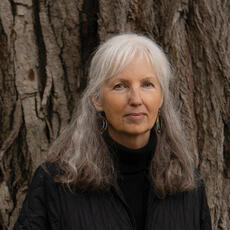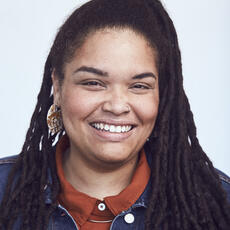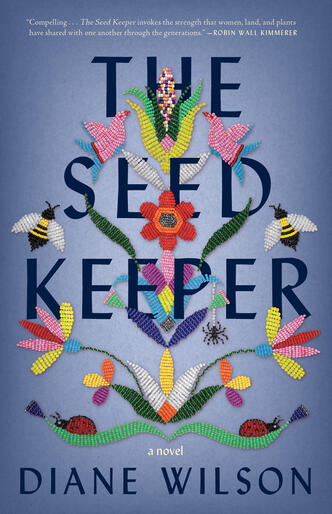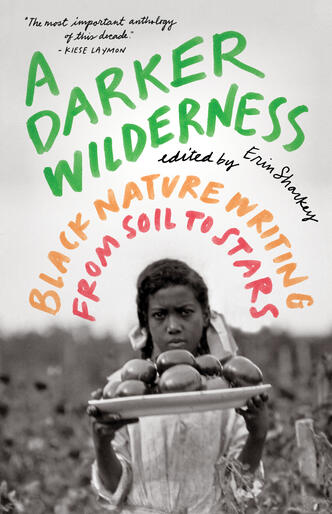The role of writers in the climate change movement
By guest contributor Natalie Bricker
“Our work as writers is to figure out how to protect what we love and help others know these relatives so they will love them too.”—Diane Wilson
Upon their return from the 2023 United Nations Climate Change Conference in Dubai, authors Diane Wilson and Erin Sharkey asked themselves: What do conversations about climate change mean for us as writers?
As an organization that encourages writing and conversation around the natural world, we asked Wilson and Sharkey to hold a public conversation around these ideas as a part of our Milkweed Presents event series. During “Beyond Guilt: Writers Reflect on Climate Change,” these two dedicated authors engaged in an enlightening and important conversation with fellow environmentalist poet Halee Kirkwood.
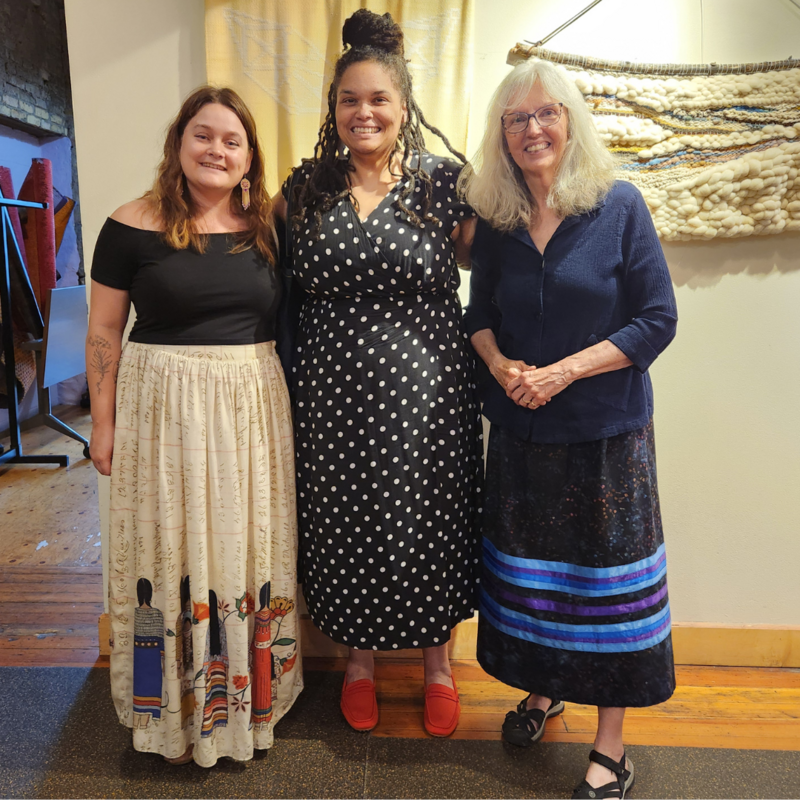
The seeds for this conversation were planted after Sharkey and Wilson attended the Conference of the Parties 28. At the annual United Nations Climate Change Conference, also known as “COP,” Sharkey and Wilson engaged with people from all over the world in discussions about climate change.
“[I] was really inspired by all the young people who are running the spaces that we were speaking in and by how much passion they have for this subject, how much confidence they have in speaking about it, and how much depth they have in juggling lots of cognitive dissonance, lots of depression, lots of really feeling the dire situation that we’re in and the responsibility that they have […] I felt really lucky to be there in an intergenerational experience,” Sharkey shared with the audience.
The conversation opened with Kirkwood reading a beautiful, insightful contrapuntal poem titled “Trickle Down Economics.” Listen and view the poem here, which perfectly set the stage for a conversation centered around what has become of our world and what we as artists, writers, and lovers of the Earth can do to help in a time when any action can easily feel futile.
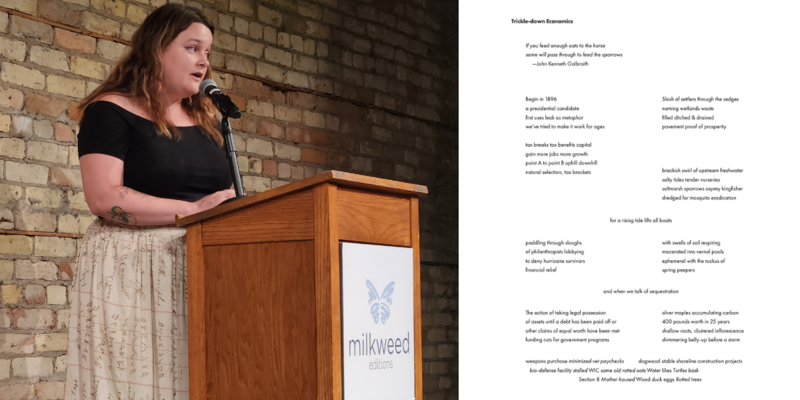
Wilson doesn’t want to approach conversations about climate change with a sense of doom:
“[I] refuse to accept an apocalyptic relationship with nature. We wanted, as writers, to expand our understanding of the role that stories play in creating a framework for understanding climate change, and then also how we respond to it.”
Sharkey then read a captivating story from her essay published in A Darker Wilderness. Her essay reimagined the farmer’s almanac in the urban setting of Buffalo, NY, which absolutely tied into the intersections between nature and human impact at the crux of the climate change conversation.
Wilson has seen the return of previously extinct trumpeter swans near her home. Natural miracles like this help her use the phrasing “climate renewal” instead of “climate crisis” or “climate emergency.”
“There is abundance and room for hope,” Wilson said.
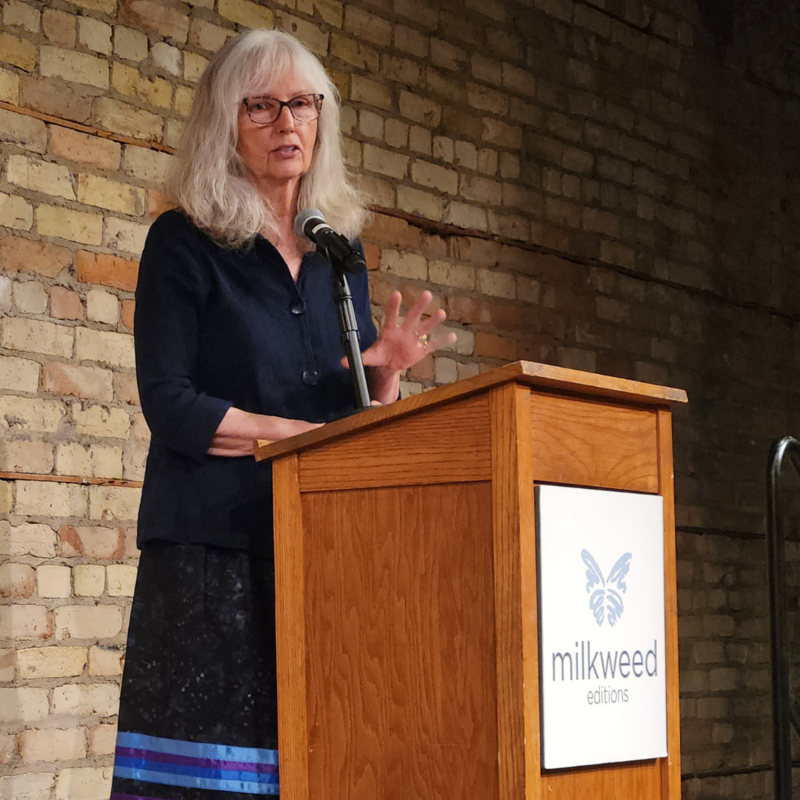
And hope can be found close by, at Sharkey’s retreat center, Rootsprings. “One of the things we get confused about [in regards to] this climate crisis is the emergency culture that eats up people, and eats up communities, and relationships.” In her work as a caretaker for this retreat center, she hopes to “open up opportunities for people to rest.” She says there’s much value in rest, both for people and for land.
“[The process] can be long, but nature knows how to recycle and compost,” Sharkey said, reminding us to trust in nature.
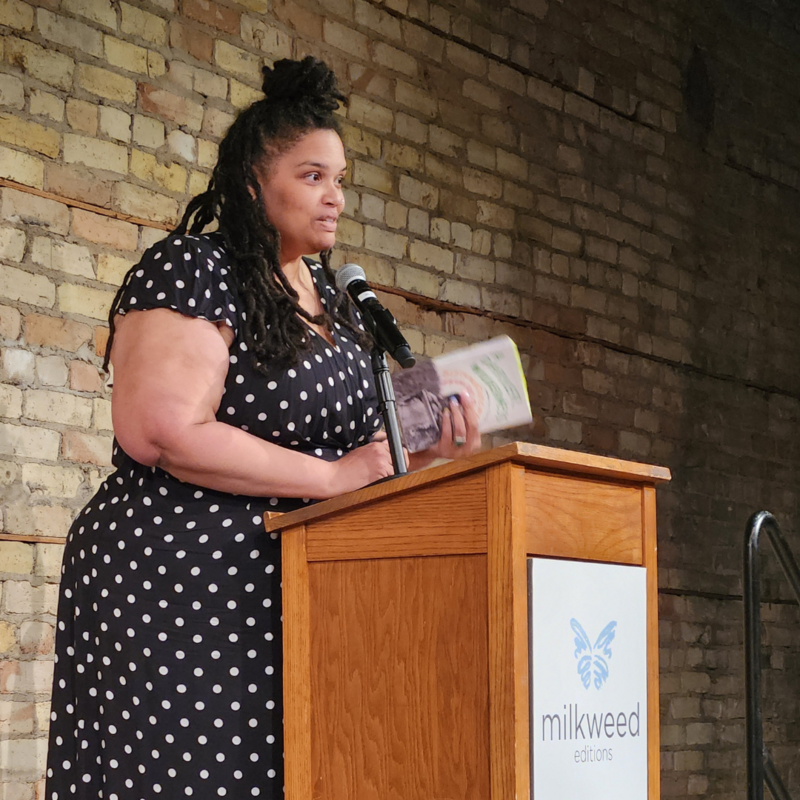
“As a writer, I can record these stories […] and make sure they’re a part of our backyard,” Wilson said. She writes so generations to come will have an account of any “relatives” from our wildlife that don’t make it through climate change. “Our work as writers is to figure out how to protect what we love and help others know these relatives so they will love them too,” she said.
